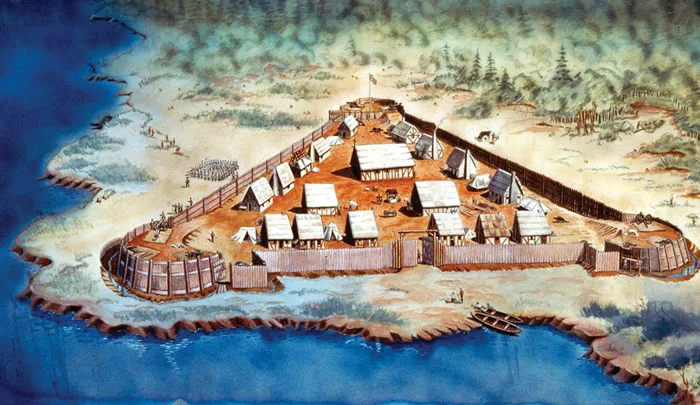January 14 holds a notable place in Australian history, marked by a series of events that reflect the nation’s development, cultural milestones, and historical challenges. This article will explore key occurrences on this date across various years, providing detailed insights into their significance and impact on Australian society.
What Happened on January 14 in Australian History?
1803: Establishment of a New Settlement
On January 14, 1803, Lieutenant Colonel David Collins was commissioned in England to establish a new settlement on Bass Strait, with a preference for Port Phillip. This event is pivotal as it laid the groundwork for what would become Melbourne, one of Australia’s major cities. Collins had previously been involved in the early penal colony at Sydney Cove and understood the challenges of establishing a sustainable settlement. His mission reflected the British Empire’s broader strategy of expanding its colonial reach in Australia, aiming to alleviate overcrowding in existing penal settlements and exploit the resources of new territories.
1830: Discovery of the Murray River
Another significant event occurred on January 14, 1830, when explorer Charles Sturt discovered the Murray River. This discovery was crucial for several reasons. The Murray River is one of Australia’s longest rivers and serves as an essential waterway for agriculture and transport. Sturt’s expedition helped to map the interior of Australia and opened up opportunities for settlement and agricultural development along the riverbanks. His findings contributed to the understanding of Australia’s geography and its potential for economic exploitation.
1968: Death of Dorothea Mackellar
On January 14, 1968, Australia mourned the loss of Dorothea Mackellar, one of its most beloved poets. Mackellar is best known for her poem “My Country,” which expresses deep affection for the Australian landscape. Her work has become emblematic of Australian identity and nationalism. The themes she explored—such as the beauty and harshness of the Australian environment—resonate with many Australians even today. Her death marked the end of an era for Australian literature, but her legacy continues to inspire future generations.
2002: Pauline Hanson Resigns from One Nation Party
In a significant political event on January 14, 2002, controversial politician Pauline Hanson resigned as leader of the One Nation Party. Hanson had been a polarizing figure in Australian politics since her election to parliament in 1996, known for her outspoken views on immigration and multiculturalism. Her resignation marked a turning point for the party, which had gained notoriety for its anti-immigration stance but struggled with internal divisions and declining support. This event reflects broader trends in Australian politics regarding race relations and national identity.
1962: Bushfires in Victoria
On January 14, 1962, devastating bushfires swept through Lara and the Dandenong Ranges in Victoria, resulting in 14 fatalities. This disaster highlighted the vulnerability of Australian communities to natural disasters exacerbated by climatic conditions. The fires prompted discussions about land management practices and fire safety measures that are still relevant today as Australia continues to face severe bushfire seasons due to climate change.
1815: Completion of the Blue Mountains Road
The completion of the road over the Blue Mountains to the Macquarie River on January 14, 1815, was another landmark achievement in Australia’s colonial history. This road facilitated greater movement between settlements in New South Wales and opened up new areas for exploration and settlement. The Blue Mountains had long posed a barrier to westward expansion, but this engineering feat allowed settlers to access fertile lands beyond the mountains, contributing to agricultural growth.
Conclusion
January 14 has been a date marked by exploration, cultural expression, political change, environmental challenges, and infrastructural developments throughout Australian history. Each event reflects broader themes within Australia’s narrative—from colonial expansion and environmental adaptation to cultural identity and political evolution. These historical milestones not only shape our understanding of Australia’s past but also inform contemporary discussions about national identity and environmental stewardship.As we reflect on these significant events from January 14 across different years, it becomes clear that this date encapsulates critical moments that have contributed to shaping modern Australia. Understanding these events allows us to appreciate the complexities of Australia’s history and its ongoing journey toward reconciliation with its past while forging a path into the future.
Related Topics:

